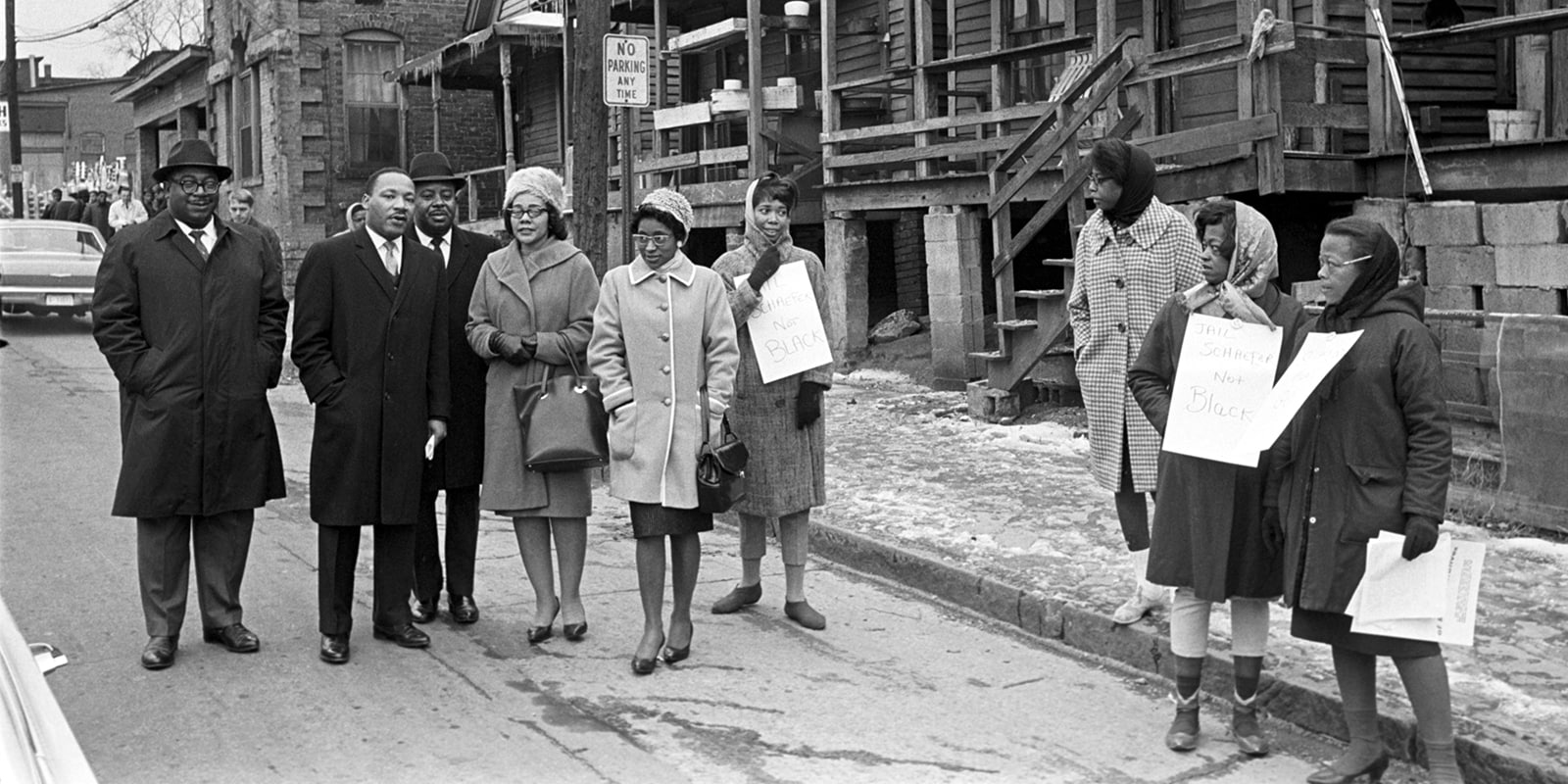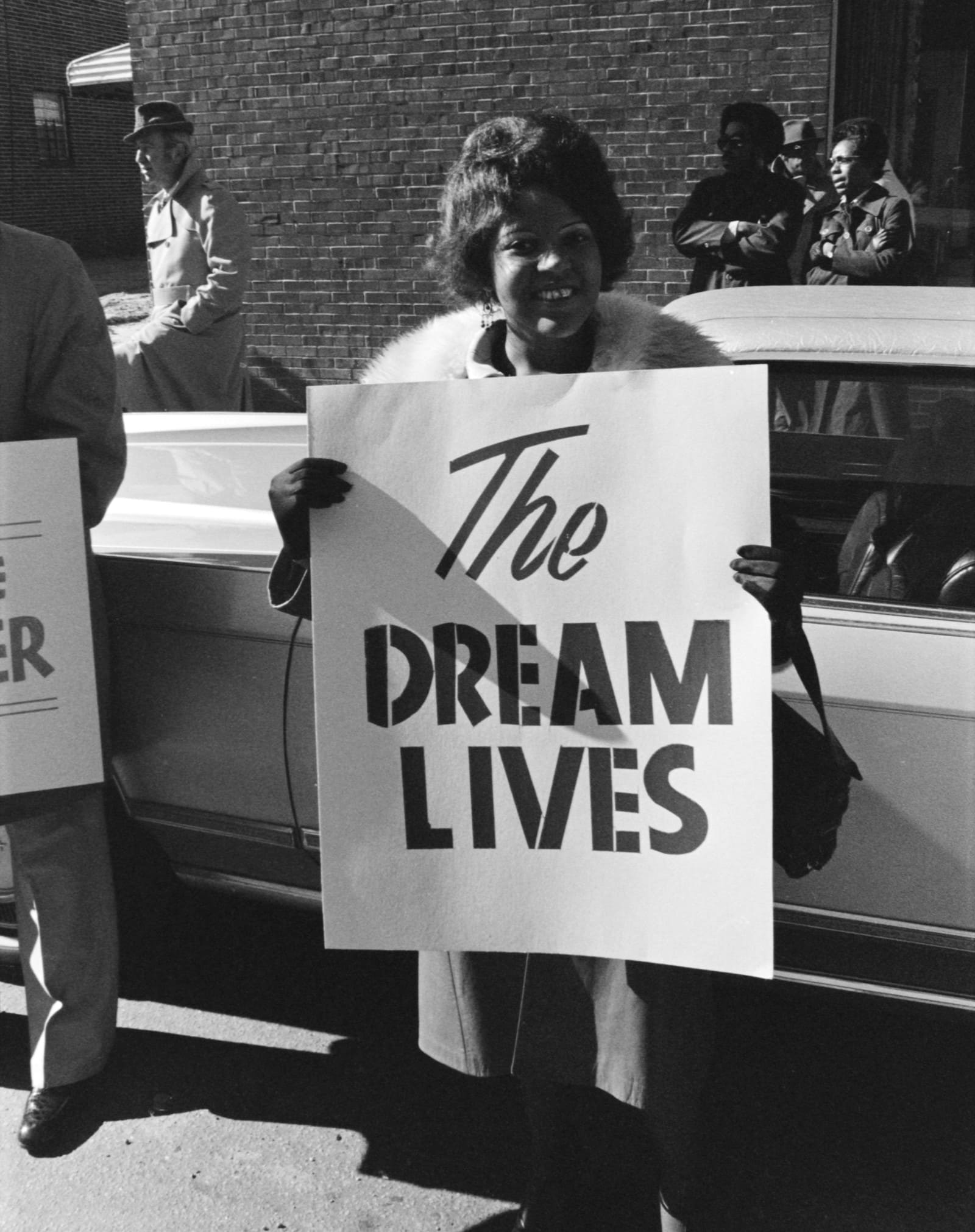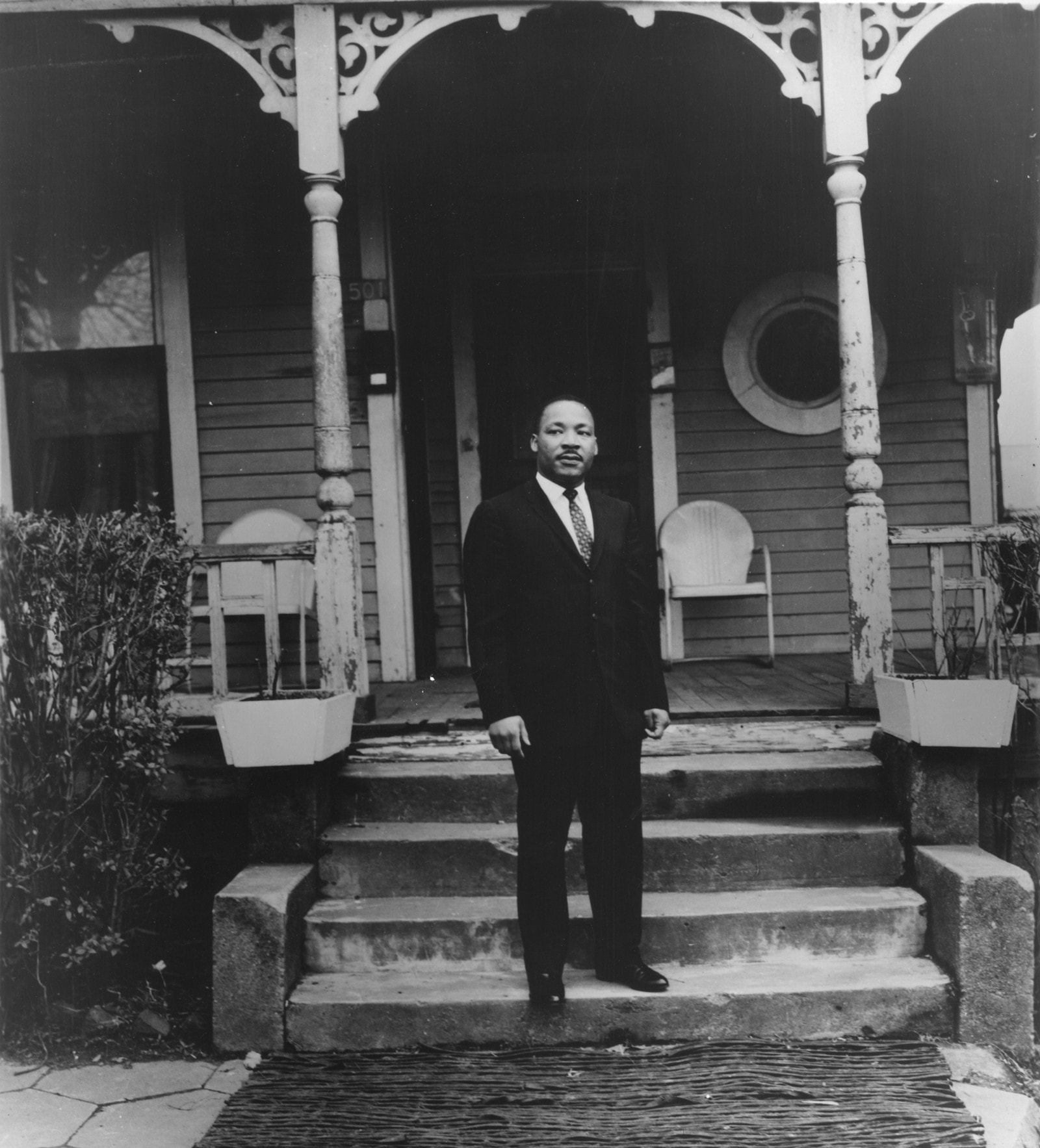Atlanta in 50 Objects
A pink pig and a renegade cow. A movie prop and a Coke bottle. A Pulitzer Prize–winning book and a Nobel Prize–winning icon.
How do you tell the story of Atlanta in 50 objects? We decided the best experts were Atlantans themselves—residents who cheer the Braves and rue I–285 rush-hour traffic, who understand how Civil War losses and Civil Rights victories together helped forge the city’s unique identity. Atlanta History Center asked the public to submit what objects they think best represent their town. The parameters were broad: an object could also be a person, a place, an institution, or an idea. After receiving hundreds of submissions, History Center staff assembled a collection of fifty pieces that represent the themes identified by the public. In addition to items from our own collections, we have partnered with many local institutions and individuals to gather artifacts from around the city to tell this community–driven story.


Dr. Martin Luther King, Jr
Born and raised in segregated Atlanta, Martin Luther King, Jr. grew to be the leader of the modern Civil Rights Movement and was recognized worldwide for his campaign of nonviolent social change. In 1955, while a pastor in Montgomery, he began his struggle to end segregation.
After returning to Atlanta to take up the position of associate pastor beside his father at Ebenezer Baptist Church, King continued his campaign for social justice from the pulpit. Through his position as president of the Southern Christian Leadership Conference (SCLC) headquartered on Auburn Avenue, King helped coordinate social activism across the South.
Martin Luther King Jr. was awarded the Nobel Peace Prize in 1964. After King’s assassination in April 1968, over one hundred thousand people lined the streets of Atlanta to witness his funeral procession from Ebenezer Baptist Church to his alma mater of Morehouse College, where a public service was held.
Header Image: Kenan Research Center at Atlanta History Center, Bill Wilson Photographs

The 8th annual Martin Luther King, Jr. birthday celebration in Atlanta, ca. 1976. Kenan Research Center at Atlanta History Center, Boyd Lewis Photographs

Martin Luther King, Jr. on steps on childhood home. Kenan Research Center at Atlanta History Center, Bill Wilson Photographs